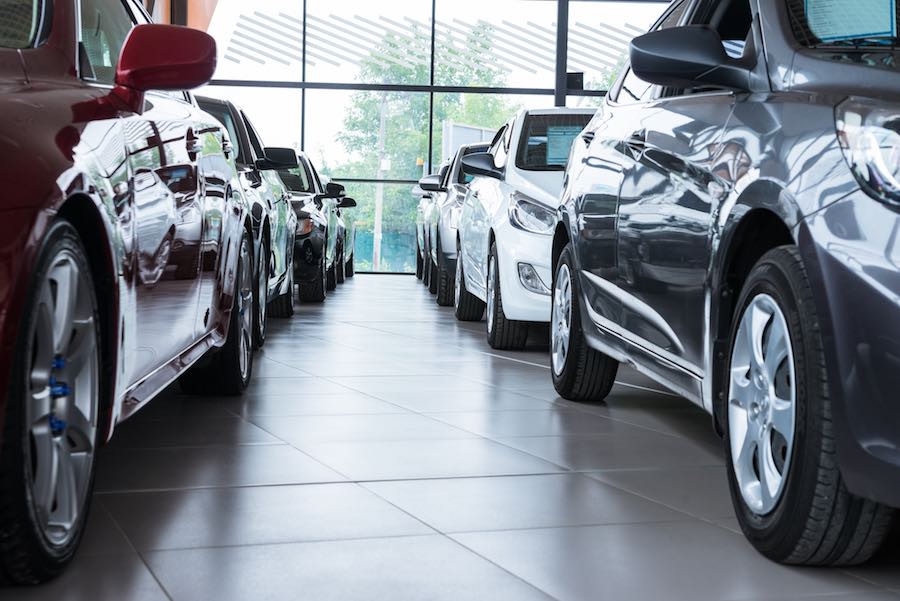What's the news?
Car registrations continue to fall this year, compared to 2016, but at least for the Irish motor industry there is the faint silver lining that they're not falling any more steeply than for the rest of 2017. Registrations in September were down by 17 per cent compared to the same month last year, while overall registrations for 2017 are down by a consistent ten per cent.
The worry for the industry now is, with the damage already being done to the market by Brexit, that the Government may be preparing major changes for the tax system to try and encourage buyers to move away from diesel. Commenting on the figures SIMI Director General, Alan Nolan stated: "New vehicle registrations remain down in all sectors as we enter the final quarter of sales for 2017. We continue to stress to Government officials that Budget 2018 must not carry any negatives that would harm our Industry and that the motorist should not be burdened further in the upcoming budget. The Motor Industry is currently experiencing the impact of the UK's Brexit decision that has driven-down the value of sterling and has resulted in increased numbers of used imports, of both cars and commercial vehicles. This is having a knock-on effect on the sales of both new cars and commercials and on Irish used vehicle values which have been reducing to compete with imports. The Brexit impact is most obvious in the case of used imported HGV registrations which have this year exceeded the number of new registrations by ten per cent.
"With our Industry already facing severe challenges, we have, in our Pre-Budget submission, called on the Government to avoid any additional negative burdens in next week's Budget. We have also pressed the case for some additional, low cost incentives for Electric and Hybrid cars to support migration toward alternative fuelled vehicles. We have underlined the importance of cleaner diesel cars to rural Ireland and, despite a negative media commentary on the impact of diesel cars on air quality, much of this has been based on data from countries with older diesel fleets. In Norway for instance the average diesel car is aged over ten years old and pre-dates diesel particle filter (DPF) technology. In Ireland the average diesel car is 5.7 years old and is fitted with a DPF. Our diesel cars are so much younger because Irish consumers have only opted for diesel cars in significant numbers since the State encouraged them to do so to take advantage of the ability of diesel cars to deliver lower levels of Co2."
Diesel sales have fallen back significantly, and continued to fall in September, dropping to 60 per cent of the overall market mix, with petrol holding more or less steady at 30 per cent, and the rest being taken by a mix of electric, hybrid, and plugin hybrid.
While that is a significant fall back for diesel in Ireland, it's nothing compared to Europe, where in September petrol actually beat diesel for the first time since 2009 in sales terms, accounding for 48 per cent of all cars sold, with diesel trailing on 46 per cent.
Back home, the best-selling model is still the Hyundai Tucson, in spite of the fact that its sales have actually fallen by a third since last year. The Volkswagen Golf is in second place, followed by the Nissan Qashqai, Skoda Octavia, and Ford Focus.
Volkswagen is now the best-selling brand for the year so far, with Toyota in second place, followed by Ford, Hyundai, and Nissan.

